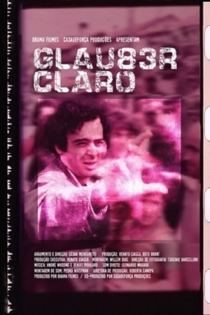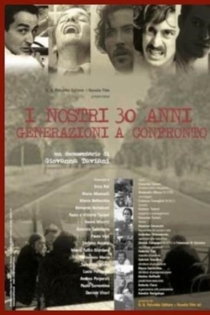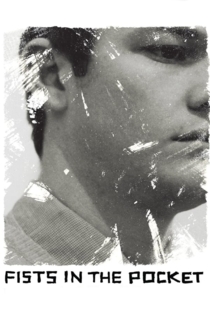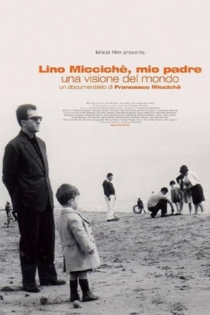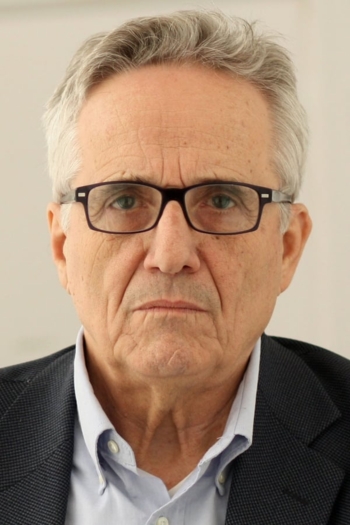
Marco Bellocchio
1939 (86 лет)Born in Bobbio, near Piacenza, Marco Bellocchio had a strict Catholic upbringing – his father was a lawyer, his mother a schoolteacher. He began studying philosophy in Milan but then decided to enter film school, making his first film, Fists in the Pocket, (I pugni in tasca, winner of the Silver Sail at the 1965 Festival del film Locarno), funded by family members and shot on family property, in 1965.
Bellocchio's films include China Is Near (1967), Sbatti il mostro in prima pagina (Slap the Monster on Page One) (1972), Nel Nome del Padre (In the name of the Father – a satire on a Catholic boarding school that shares affinities with Lindsay Anderson's If....) (1972), Victory March (1976), A Leap in the Dark (1980), Henry IV (1984), Devil in the Flesh (1986), and My Mother's Smile (2002), which told the story of a wealthy Italian artist, a 'default-Marxist and atheist', who suddenly discovers that the Vatican is proposing to make his detested mother a saint. In 1991 he won the Silver Bear – Special Jury Prize at the 41st Berlin International Film Festival for his film The Conviction. In 1995 he directed a documentary about the Red Brigades and the kidnapping and murder of Aldo Moro, titled Broken Dreams. In 2003, he directed a feature film on the same theme, Good Morning, Night. In 2006 his film The Wedding Director was screened in the Un Certain Regard section at the 2006 Cannes Film Festival. In 1999, he was awarded with an Honorable Prize for the contribution to cinema at the 21st Moscow International Film Festival. In 2009 he directed Vincere, which was in the main competition at the Cannes Film Festival. He finished Sorelle Mai, an experimental film that was shot over ten years with the students of six separate workshops playing themselves. He was awarded with the Golden Lion for Lifetime Achievement at the 68th Venice International Film Festival in September 2011. His 2012 film Dormant Beauty was selected to compete for the Golden Lion at the 69th Venice International Film Festival.[6] On 6 September 2012, Bellocchio condemned the Catholic Church's interference in politics after the premiere of his controversial film about a high-profile euthanasia case. The film approaches the topic of euthanasia and the difficulty with legislation on end of life in Italy, which has Vatican City within its borders. The subject is inspired by Eluana Englaro's case. Following the decision of the jury of the Venice Film Festival, which excluded the film from the Golden Lion, Bellocchio has expressed strong criticism against President Michael Mann.
Ennio
Giuseppe Tornatore
Ennio Morricone, Wong Kar-wai
A portrait of Ennio Morricone, the most popular and prolific film composer of the 20th century, the one most loved by the international public, a two-time Oscar winner and the author of over five hundred unforgettable scores.
Ennio
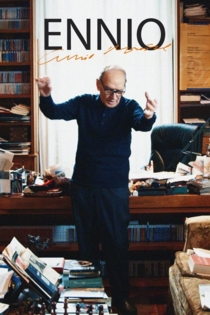
Francesco d'Assisi
Liliana Cavani
Lou Castel, Marco Bellocchio
Cavani made her first full-length feature film in 1966 with Francis of Assisi (Francesco d'Assisi). Made for television and aired in two parts, it was deeply influenced by the style of Rossellini and the atmosphere typical of the films of Pasolini. Made in a period of political unrest, it was to become a kind of manifesto of dissenting Catholicism. Starring Lou Castel, it portrays Francis of Assisi as a slightly depressed protestor and an avid, albeit mad, supporter of armed brotherhood. The ideal defender of the 1968 student movement. The film was a great success, but also triggered many negative reactions. It was called "heretical, blasphemous and offensive for the faith of the Italian people". It was the first of many polemical reactions to Cavani's work.
Francis of Assisi
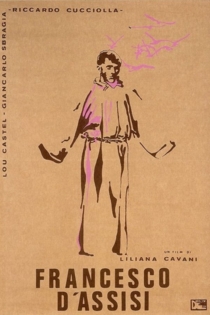
Slap the Monster on Page One
Marco Bellocchio
Gian Maria Volonté, Fabio Garriba
1972, Milan. Just a few days before the general elections, a young girl from an esteemed family is raped and murdered. Bizanti, editor-in-chief of a conservative newspaper, tries to derail the official police investigation in order to help the right-wing candidates supported by his boss to win the elections.
Slap the Monster on Page One
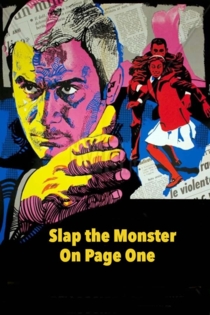
Matti da slegare
Sandro Petraglia, Marco Bellocchio
Silvano Agosti, Marco Bellocchio
This documentary was distilled from a 3 1/2-hour television film Nessuno o Tutti, to make the point that many inmates now in mental hospitals could be released without harm to society, and to their advantage.
Fit to Be Untied
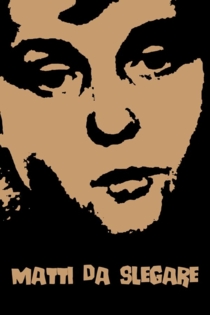
Marx può aspettare
Marco Bellocchio
Marco Bellocchio, Alberto Bellocchio
"Marx can wait" was something Camillo Bellocchio said to his twin Marco the last time they met before the former died at a young age in the heated days of 1968. This documentary is dedicated to his memory.
Marx Can Wait
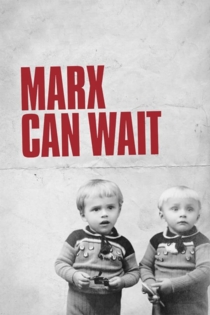
Io sono Anna Magnani
Chris Vermorcken
Anna Magnani, Claude Autant-Lara
Traces the life of Anna Magnani, her creations, her successes, her triumphs, her boycotted career, her nonconformism, her anxieties, her generosity ... Punctuated with photos that tell her career in theater and cinema, Extracts of films, this documentary portrait also gives the floor to his friends and relatives, from Roberto Rossellini to Marcello Mastroianni, through Federico Fellini.
My Name Is Anna Magnani

Sogni infranti - Ragionamenti e deliri
Marco Bellocchio
Using archival footage and interviews with ex-Red Brigade activists and the ex-leader of the Italian Marxist-Leninists, this documentary explores the topics terrorism and the "broken dream" of the communist revolution.
Broken Dreams: Reasoning and Delirium

Cineastes contra magnats
Carlos Benpar
Marta Belmonte, Jesús Ángel Domínguez
How the cinema industry does not respect the author's work as it was conceived, how manipulates the motion pictures in order to make them easier to watch by an undemanding audience or even how mutilates them to adapt the original formats and runtimes to the restrictive frame of the television screen and the abusive requirements of advertising. (Followed by “Filmmakers in Action.”)
Filmmakers vs. Tycoons
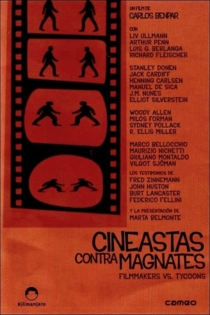
Good Morning, Night
Marco Bellocchio
Maya Sansa, Luigi Lo Cascio
The 1978 kidnapping and murder of Aldo Moro, president of the most important political party in Italy at the time, Democrazia Cristiana, as seen from the perspective of one of his assailants -- a conflicted young woman in the ranks of the Red Brigade.
Good Morning, Night
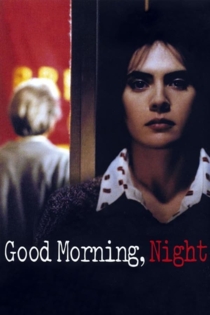
The Traitor
Marco Bellocchio
Pierfrancesco Favino, Maria Fernanda Cândido
Palermo, Sicily, 1980. Mafia member Tommaso Buscetta decides to move to Brazil with his family fleeing the constant war between the different clans of the criminal organization. But when, after living several misfortunes, he is forced to return to Italy, he makes a bold decision that will change his life and the destiny of Cosa Nostra forever.
The Traitor
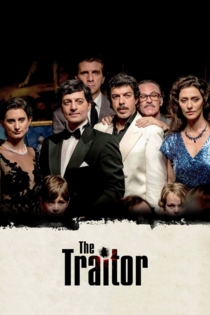
Glauber, Claro
César Meneghetti
Bernardo Bertolucci, Marco Bellocchio
A deep dive into Glauber Rocha's years exiled in Italy in the 70s. Through a collection of interviews and archives, the movie shows the making of his film Claro (1975) and his relation with European auteurs in their filmic and political views.
Glauber, Claro
